Across U.S. college campuses, a dramatic shift has unfolded in recent months. Once a hotbed of disruptive pro-Palestinian protests, many institutions are now experiencing a return to stability. Jewish students, who previously faced intimidation and open hostility, report feeling a renewed sense of security under the Trump administration.
Gideon Escovitz, a senior at Hunter College and founder of “Jewish Students for America,” sees a clear change. “Today, students think twice before wearing Hamas headbands because they understand the consequences – arrest and deportation from the U.S. We don’t want these people in our country anymore,” he states. Escovitz has been at the forefront of combating foreign influence in American universities, particularly funding from regimes like China and Qatar. “The protest momentum has diminished since last semester. Protesters have lost their drive, and wearing a keffiyeh while confronting local law enforcement is not trendy anymore.”
Stronger Leadership, Stronger Security
Shortly after retaking office, President Trump wasted no time in addressing campus unrest. Calling the protests an “unprecedented wave of antisemitic discrimination, vandalism, and violence,” he swiftly enacted executive orders targeting lawbreakers. These included launching federal investigations into extremist student groups, enforcing deportations of non-citizen protesters, and ensuring universities hold demonstrators accountable.
Lilian Ross, a psychology student at Rutgers University, has personally felt the impact. “The protests have dramatically reduced, mainly because pro-Palestinian groups fear the consequences,” she explains. Despite this, she acknowledges lingering hostility. “Our student union still tries to pass anti-Israel resolutions and push anti-Zionist rhetoric, but the environment has changed.”
Rutgers saw a turning point when its “Students for Palestine” group was suspended from campus activities until mid-2025. Ross recalls the previous turmoil vividly. “Antisemitic graffiti on student dorms, Jewish events disrupted, protesters chasing us with Palestinian flags, hostage posters torn down – it was terrifying. I had to move back home with my parents.”
Now, she and other students are compiling reports on Jewish campus experiences, aiming to present them to policymakers. “There is still work to be done, but we finally have an administration that takes our concerns seriously.”
Accountability and Reform in Higher Education
Eyal Yacobi, a University of Pennsylvania graduate and vocal advocate, believes the shift stems from a decisive change in federal leadership. “The White House now has leadership that won’t tolerate campus chaos. Under Biden, pro-Palestinian students felt emboldened to act without repercussions. In just weeks, Trump has launched major investigations, enforced deportations, and made it clear that universities must crack down on antisemitism. This should have happened on October 8, and it’s refreshing to see real action.”
Yacobi also calls for self-examination within Jewish organizations. “Israel is investigating what went wrong on October 7, and Jewish groups must analyze October 8. They focused too much on broader social issues and neglected Jewish student safety. That must change.”
As one of the most prominent voices speaking out against campus antisemitism, Yacobi testified before Congress, calling the hearing “the Super Bowl for Jewish students.” He sees the Trump administration’s crackdown on extremist campus activity as a necessary course correction. “This administration is making it clear: if you break the law, you will face the consequences.”
A New Era of Campus Administration
Faculty members have also taken note of the shifting campus climate. Professor Ran Kivetz, a longtime faculty member at Columbia Business School, observes a stark contrast from last year’s chaos. “The violent, disruptive campus takeovers have disappeared. The new university leadership has implemented stricter policies. While some incidents persist, they no longer resemble the peak unrest we saw before.”
He attributes this to both administrative pressure and student protest fatigue. “The previous Columbia president mishandled the crisis – refusing to condemn protesters, engaging with BDS activists, and failing to enforce discipline. Now, under new leadership and federal scrutiny, there’s no tolerance for that weakness. The moment an Israeli professor’s class was disrupted, the university acted immediately. That would have never happened last year.”
However, Kivetz warns that the ideological battle is far from over. “Many Jewish faculty members remain fearful of speaking up. In humanities and social sciences, anti-Israel sentiment has become deeply embedded in the curriculum, with professors feeling emboldened to push their agenda. That trend is still growing.”
The Future of Jewish Student Life on Campus
While Jewish students and faculty welcome these improvements, they remain cautious about the future. “Things are better, but vigilance is necessary,” says Escovitz. “The people who enabled this wave of antisemitism on campus are still here. We need to ensure universities enforce accountability and protect their Jewish students.”
For now, Jewish students are relieved to see their campuses reclaiming order. With stronger leadership in both the White House and university administrations, the era of unchecked campus extremism appears to be waning. But as many students and faculty caution, the battle for campus culture and academic integrity is far from over.

